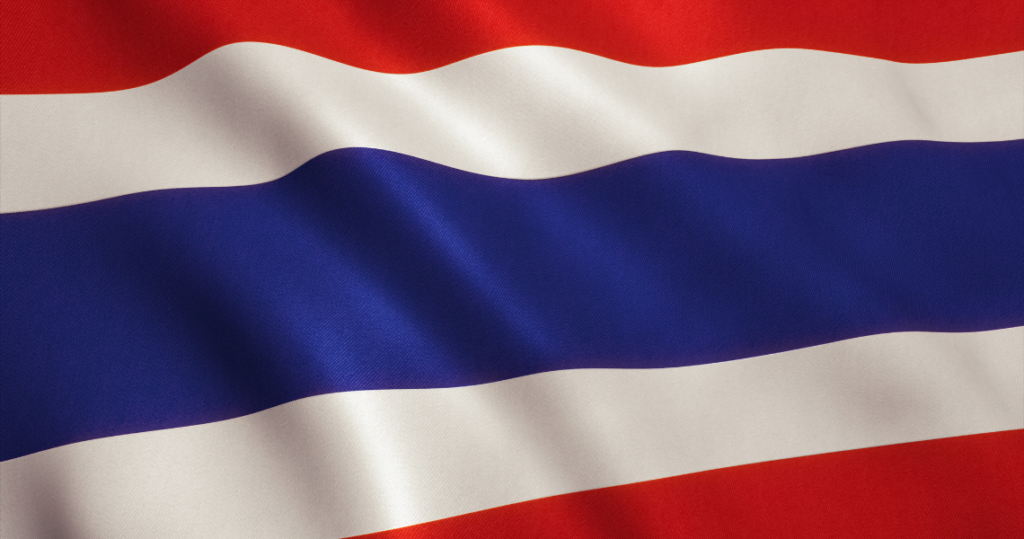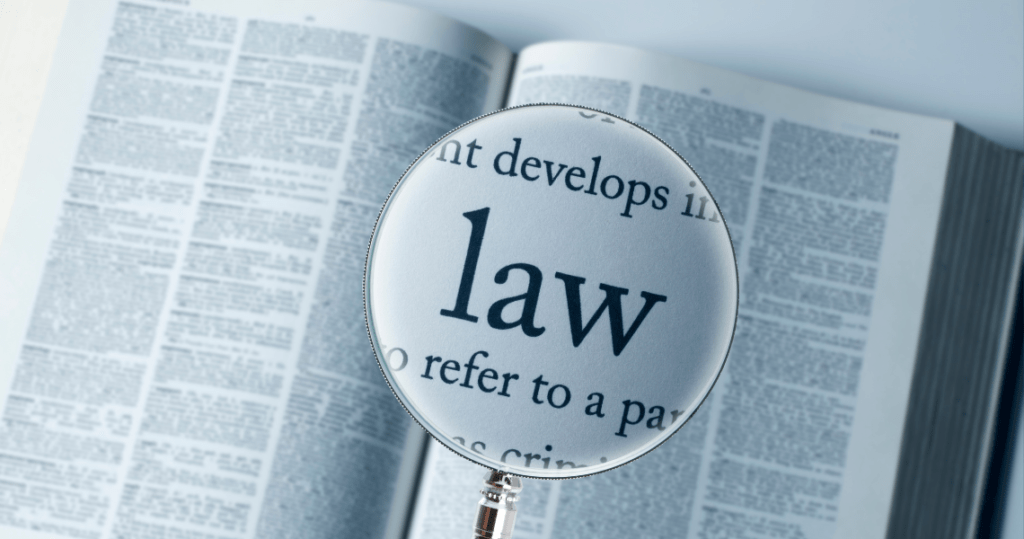We’ll guide you through every detail, from choosing the right business structure and registering your company name to handling all the legal documentation and obtaining the necessary licenses.
Whether you’re an established business owner looking to tap into the Thai market or a newcomer exploring this dynamic economy, we’re here to provide you with expert guidance and tailored support. Let us take you through each stage with confidence and clarity.
Contact us for further Questions!

If you’re a foreigner looking to start a business in Thailand, you may have heard about the Foreign Business License (FBL). At SiamConsult, we specialize in helping foreign investors navigate the complexities of Thai business laws, and we’re here to explain everything you need to know about the FBL in simple terms.
The Foreign Business License is a legal requirement that allows foreigners to operate certain types of businesses in Thailand. It’s designed to regulate foreign ownership in industries where Thailand either wants to protect local businesses or where local industries aren’t yet fully developed to compete with international companies.
Without an FBL, foreigners are restricted from engaging in a wide range of business activities, especially those listed under List 2 and List 3 of the Foreign Business Act. The license grants you permission to conduct business in sectors where foreigners would otherwise be prohibited or limited.
You’ll need a Foreign Business License if your business falls under List 2 or List 3 of the Foreign Business Act. These lists include sectors where foreign ownership is either restricted or regulated. Some examples include:
If your business activity is listed in either of these categories, obtaining an FBL is essential to legally operate in Thailand.
The process for obtaining a Foreign Business License can be lengthy and complex, but that’s where we come in. Here’s how SiamConsult assists you every step of the way:
Assessment: First, we’ll evaluate your business to see if it falls under a restricted category. If it does, we’ll confirm whether an FBL is required.
Application Preparation: We handle the entire application process for you, including preparing all the necessary documents. This includes providing detailed information about your business, shareholders, and how your company will benefit the Thai economy.
Liaising with Authorities: Your application must be submitted to the Department of Business Development (DBD), where it’s reviewed by government committees. We’ll communicate with the authorities on your behalf, making sure your application is processed efficiently and correctly.
Justification: Part of the application involves demonstrating how your business will benefit Thailand, such as job creation, technology transfer, or investment in local industries. We’ll craft a strong case for your business that highlights these benefits.
Follow-up and Approval: The review process can take several weeks or even months, depending on the complexity of your business. We’ll follow up with the authorities to ensure everything stays on track, and we’ll keep you updated every step of the way.
The FBL application process can be overwhelming due to the paperwork, language barriers, and communication with Thai authorities. At SiamConsult, we make the process smooth and hassle-free by:
The process can take several weeks or even months, depending on the nature of your business and how efficiently the authorities process the application. While we can’t control the speed of government reviews, we can ensure that your application is accurate, complete, and submitted on time, which helps avoid delays.
If you’re ready to start your business in Thailand and need help obtaining a Foreign Business License, SiamConsult is here to guide you through every step of the process.

Setting up a foreign branch or business in Thailand is complicated, but with the right guidance, it becomes manageable. At SiamConsult, we assist you every step of the way. Below are answers to some of the most common questions foreigners have about setting up a business in Thailand, including the need for a Foreign Business License (FBL).
If you decide to work with SiamConsult, we can guide you through the entire process of setting up your foreign business in Thailand. To start, it’s important to understand how the Foreign Business Act (FBA) categorizes business activities into three lists:
List 1: These businesses are completely restricted to foreigners, meaning you cannot engage in them unless Thai nationals hold the majority of ownership.
List 2: These businesses are permitted to foreigners under conditions, usually requiring majority Thai ownership and additional approval. These activities relate to national security, culture, and natural resources.
List 3: These businesses are activities where Thailand deems locals are not yet ready to compete with foreigners, and you must obtain a Foreign Business License (FBL) to operate.
With that in mind, here’s how we can assist you:
The Foreign Business Act sets out rules about which types of businesses foreigners can operate. If your business falls under List 2 or List 3, you will need a Foreign Business License (FBL) to legally operate in Thailand.
If you decide to hire us, we will review your business activities and identify whether your business requires an FBL.
From there, we will handle the entire application process, ensuring everything is compliant with Thai law.
Yes, as a foreigner under Thai law, your business will face certain restrictions under the Foreign Business Act. This includes needing approval for ownership and licenses if your business activities fall under List 2 or List 3.
If you work with SiamConsult, we will assess your company’s structure, ensure compliance with the law, and apply for any necessary licenses, such as the Foreign Business License.
Whether you need an FBL depends on the activities of your business.
If your business falls under List 2 (industries related to national security or culture) or List 3 (where Thai nationals are not yet ready to compete), then you will need a Foreign Business License.
We will review your specific business activity and, if needed, apply for the FBL on your behalf. We will handle the entire process, from submitting paperwork to liaising with the Department of Business Development.
To apply for a Foreign Business License, you must meet certain qualifications, such as being at least 20 years old, having legal residency in Thailand, and a clean legal record.
If you hire us, we’ll ensure that you and your company meet all these qualifications. We’ll handle the paperwork, and coordinate with Thai authorities, to ensure your application is processed smoothly and correctly.
List 1 includes business activities that are entirely off-limits to foreigners, such as media, agriculture, and land trading.
These businesses are reserved exclusively for Thai nationals.
If your business idea falls into these categories, we will work with you to explore alternative options. Our goal is to ensure that your business operates legally without falling into restricted categories.
Yes, there are certain exceptions where foreigners can own more than 50% of a company.
These exceptions include the Thailand-United States Treaty of Amity and BOI (Board of Investment) promotion. If applicable, we will explore these options for you.
For example, we can help you apply for BOI promotion, which not only allows you to hold a majority stake but also provides other benefits such as tax exemptions.
The minimum capital required for foreign-owned businesses is 2 million baht for unrestricted activities and 3 million baht for businesses under List 2 or List 3.
If you hire SiamConsult, we will ensure that your company meets these financial requirements and handle the necessary reporting with the Thai authorities, ensuring your business is properly set up from the financial side.
If you choose to work with us, we will handle the entire Foreign Business License application process.
This includes preparing all the required documentation, submitting it to the Department of Business Development, and responding to any questions or issues from the authorities.
Our team will highlight how your business benefits Thailand—whether through job creation or economic growth—to improve the chances of approval.
Some common activities under List 3 include accounting, legal services, construction, retail, and wholesale (under certain thresholds).
If your business falls under List 3, we will take care of applying for the Foreign Business License. We ensure all legal requirements are met so that your business can operate smoothly without legal obstacles.
If your business qualifies for BOI promotion, you can bypass the need for a Foreign Business License.
When you hire SiamConsult, we will check whether your business is eligible for BOI promotion and, if so, we will manage the application for you.
BOI status not only exempts you from FBL requirements but also offers tax incentives and other benefits.
If you decide to work with SiamConsult, we will guide you through every step of setting up your foreign business in Thailand. From determining whether your business falls under List 1, 2, or 3, to applying for the Foreign Business License or exploring BOI promotion, we’ve got you covered. Our goal is to make the process smooth and worry-free so you can focus on growing your business.

The activities listed in List 1 are fully restricted to protect Thailand’s national interests, culture, and natural resources.
While foreigners cannot directly engage in these sectors, SiamConsult can help you explore other opportunities or structures for conducting business in Thailand.
When it comes to websites or online platforms, careful consideration must be given to ensure compliance with these restrictions, especially if your website is involved in any activities related to Thai resources, culture, or industry.

List 2 of the Foreign Business Act (FBA) includes business activities that foreigners can engage in, but only under specific conditions. These activities are considered critical to Thailand’s national security, culture, and natural resources.
Foreign businesses must have majority Thai ownership (at least 40% of the shares) or special approval from the authorities.
Below is a detailed explanation of each business activity in List 2, including how it affects foreign-owned websites and online platforms.
The activities listed in List 2 are restricted to protect Thailand’s national security, culture, and natural resources. Foreigners can still participate in these sectors, but typically with majority Thai ownership or special approval. When it comes to websites or online platforms, foreigners can engage in most activities as long as they do not directly manage or control these restricted industries within Thailand.
If you’re interested in starting a business in one of these sectors, SiamConsult can help you navigate the regulations, secure the necessary approvals, or explore alternative structures. For more information, contact us at +66 82 419 1993 or info@krabi-accounting-law.com.

List 3 of the Foreign Business Act (FBA) includes business activities where Thai nationals are considered not yet ready to compete with foreigners. Foreigners are allowed to operate in these industries, but only if they obtain a Foreign Business License (FBL) from the relevant authorities.
Below is a detailed explanation of each business activity in List 3, including how it affects foreign-owned websites and online platforms.
The activities listed in List 3 are restricted because Thailand considers local industries not yet ready to compete with foreigners. If you want to engage in these activities, you will need a Foreign Business License (FBL), which allows you to legally operate under specific conditions. Foreigners can still manage online platforms and e-commerce websites for global markets, but direct involvement in Thai industries requires careful compliance with the law.
If you’re interested in pursuing one of these business activities in Thailand, SiamConsult can help you navigate the Foreign Business License application process or explore other options to legally operate your business. Contact us at +66 82 419 1993 or info@krabi-account
Built by Lanta Deals 2024